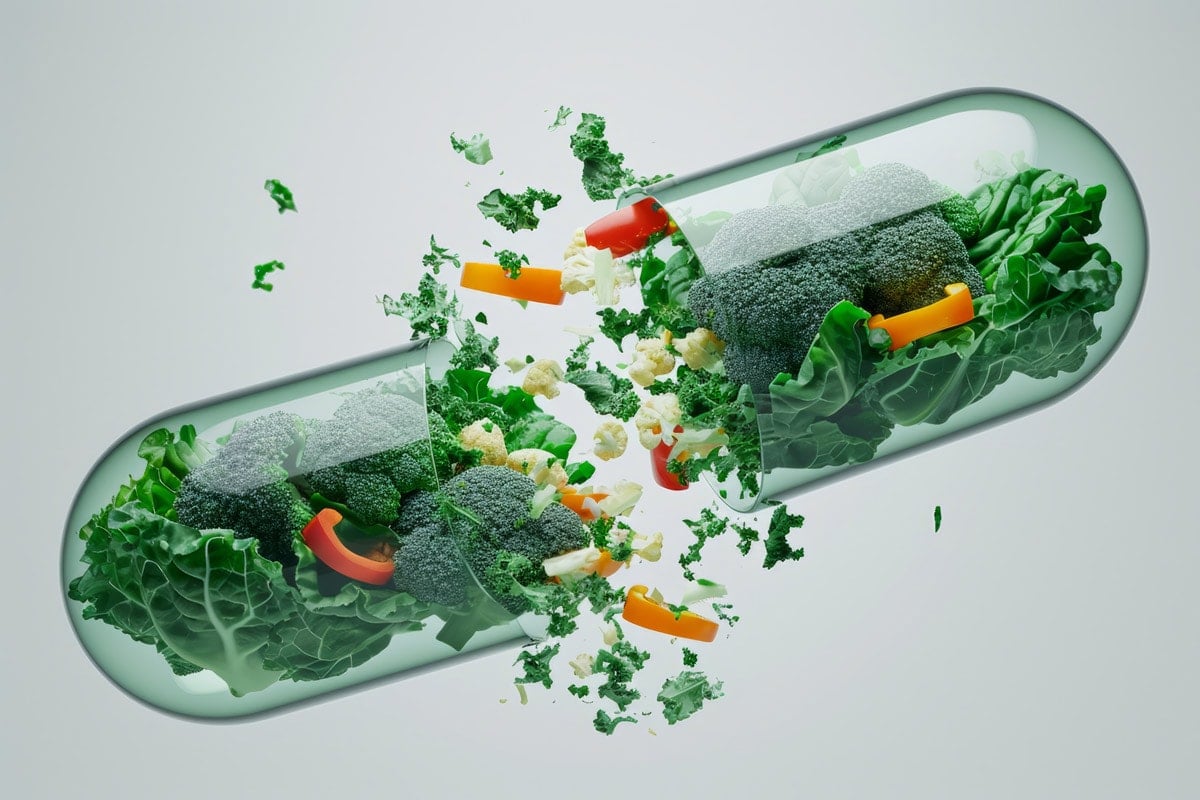Don't let your body rust

Oxidative stress is a different situation from normal stress. It can be defined as the damage caused to cells by harmful chemicals known as 'free radicals' that the body produces during its normal metabolic activities or receives from outside.
"When there are too many free radicals in our bodies, we age earlier. We can compare this situation to the rusting of iron. Just as iron rusts when it comes into contact with oxygen, our bodies rust and age due to oxidative stress caused by free radicals," said Neurology Specialist Prof. Dr. Derya Uludüz, explaining the ways to cope with this problem as follows:

Prof. Dr. Derya Uludüz
How does oxidative stress occur?Free radicals accumulate in the body due to environmental pollution, certain foods, medications, cigarette smoke and radiation that we are exposed to during the day.
The damage these chemicals cause to cells also causes oxidative stress. When there are too many free radicals in our body, this causes our cells to wear out faster, which leads to premature aging. We can compare this situation to the rusting of iron; just as iron rusts when it comes into contact with oxygen, our body also starts to rust under the influence of free radicals.
This rusting process leads to wrinkles on our skin, dysfunction in our organs and general deterioration of our health.

Antioxidants produced by the body
Antioxidants are important to protect the body from premature aging. Some are produced by the body. However, they decrease with age and must be replaced with food:
Glutathione: It is the body's main antioxidant and fights free radicals at the cellular level. Glutathione supports energy metabolism by protecting the mitochondria, the energy production centers of cells. Spinach, avocado, and asparagus contain high levels of glutathione. Citrus fruits rich in vitamin C support glutathione production in the body. Walnuts, almonds, and pumpkin seeds also increase glutathione levels.
Superoxide Dismutase (SOD): This enzyme, which converts superoxide radicals into hydrogen peroxide, is the first line of defense against oxidative stress. Its natural sources are cabbage, peas, broccoli and spinach.
Catalase: Protects cells from oxidative damage by breaking down hydrogen peroxide into water and oxygen. Found in foods such as sweet potatoes, carrots, red peppers, mushrooms, onions, garlic, broccoli, cabbage, and cauliflower.
Coenzyme Q10: Plays an important role in energy production and neutralizes free radicals in the mitochondria. It is found in high amounts in animal protein sources such as red meat, chicken, fish and eggs.

Lifestyle and diet changes are essential to control oxidative stress…
Eat healthy: Studies have shown that foods with high antioxidant capacity have a high capacity to absorb free radicals that age cells. Therefore, fruits and vegetables that reduce oxidative stress when consumed regularly can be listed as follows:

Vitamin C: A water-soluble antioxidant that supports immune system functions. It is found abundantly in citrus fruits such as orange, lemon, grapefruit, strawberries, rosehip, kiwi and broccoli.
Vitamin E: A fat-soluble antioxidant that protects cell membranes. Nuts, seeds, and green leafy vegetables are the best sources.
Selenium: It is a component of glutathione peroxidase enzymes and protects against oxidative damage. It is found in seafood, meat and grains.
Exercise: Regular physical activity strengthens the body's antioxidant defense mechanisms. The temporary oxidative stress that occurs during exercise increases the body's adaptive capacity, allowing it to better cope with oxidative stress in the long term.

Avoid harmful habits: Smoking and excessive alcohol consumption trigger oxidative stress by increasing the production of free radicals in the body. Therefore, such habits should definitely be avoided.
Drink water before you feel thirsty: Don't forget to drink 2 liters of water during the day without waiting for the feeling of thirst. Free radicals are removed through the lymph. Lymphs also work with water, so drinking plenty of water is very important in this regard.

Manage your stress: Chronic stress can increase oxidative stress levels. Stress management techniques play an important role in reducing the effects of oxidative stress. Activities such as deep breathing exercises and spending time in nature can help reduce stress.
SÖZCÜ



